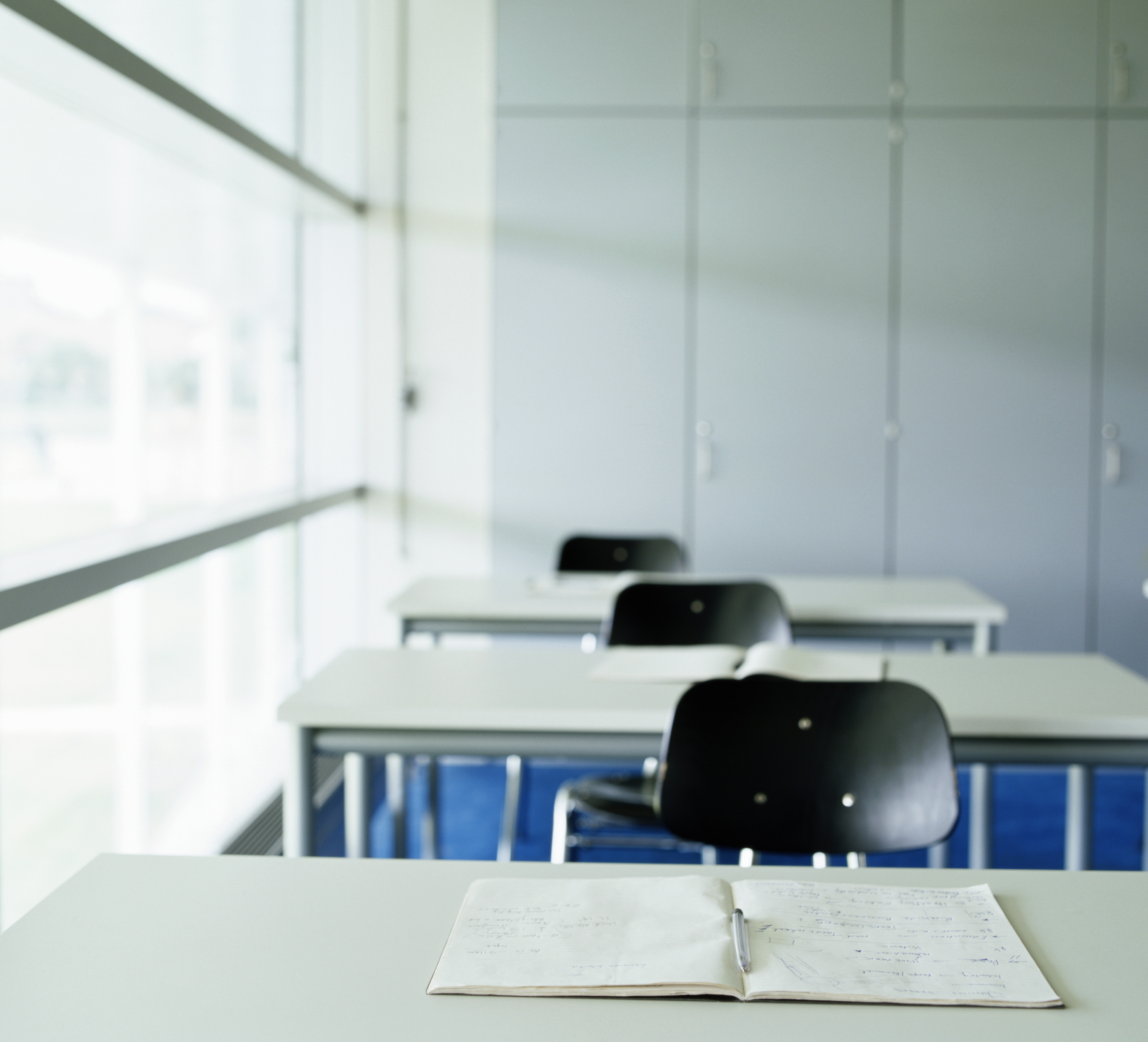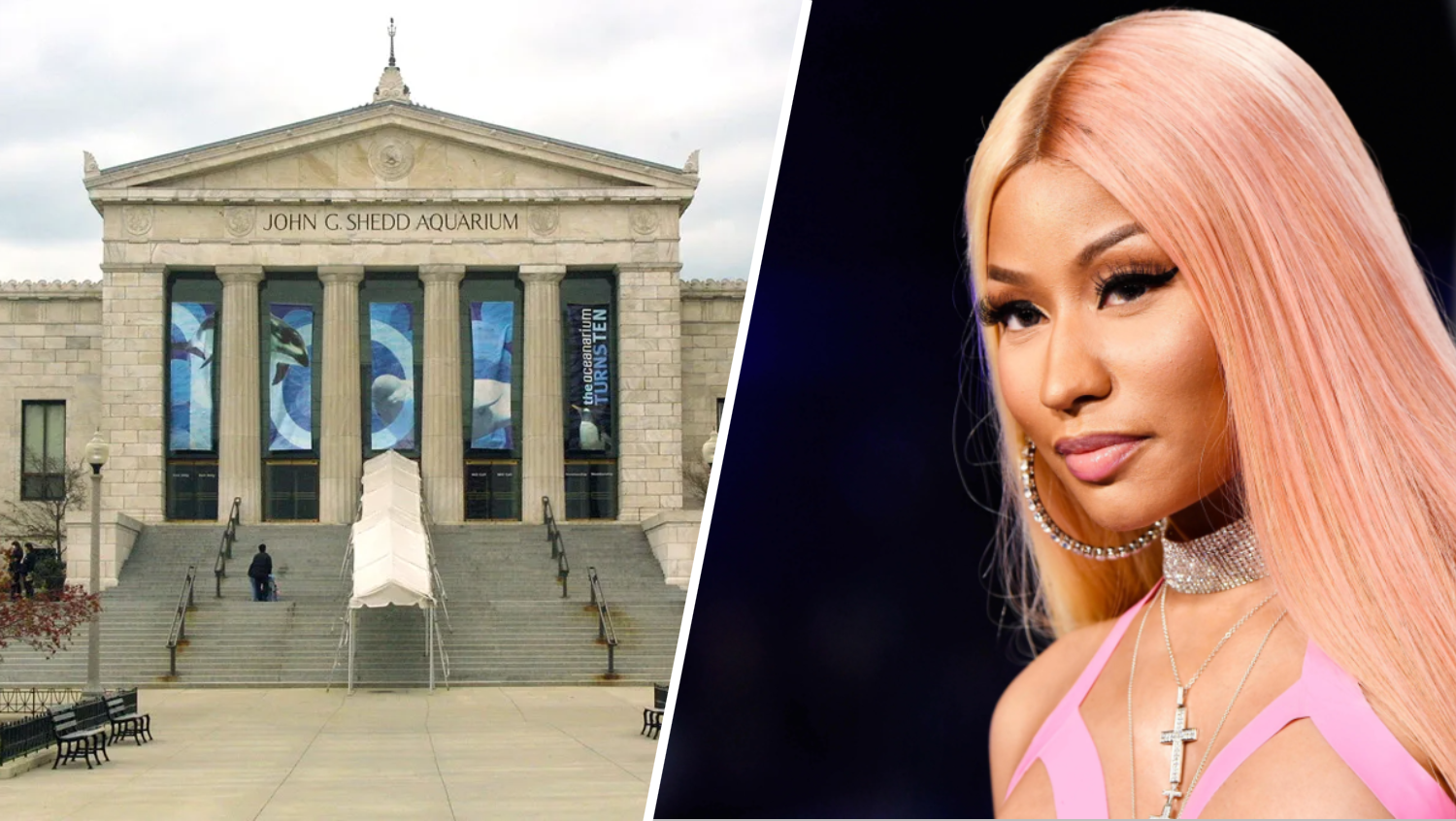Head's up: If you commute from the north or northwest suburbs into or out of Chicago using the Kennedy Expressway, you're about to experience even more traffic and backups. That's because a years-long, $150 million construction project is about to take place on a busy and highly-trafficked 7.5 mile portion of the highway, stretching all the way from the Eden's Expressway to Ohio street.
The project, which will be broken down into three stages and includes the rehabbing pavement, express lanes, overhead sign structures, lighting and three dozen bridges, is expected to last through 2025, the Illinois Department of Transportation says.
While officials say the construction will "increase safety, reduce maintenance costs and improve traffic flow," it's expected to come at a high cost for motorists in the form of traffic, as IDOT warns "major delays are anticipated," "alternative routes are strongly encouraged," and "public transportation and traveling during non-peak hours are recommended if possible."
According to IDOT, construction is set to begin Monday, but motorists may not feel the traffic impacts until the Tuesday morning commute.
Feeling out of the loop? We'll catch you up on the Chicago news you need to know. Sign up for the weekly Chicago Catch-Up newsletter here.
Here's a breakdown of which lanes will be closed, and when your commute is most likely to be impacted.
When Does The Kennedy Expressway Construction Begin?
According to IDOT, the permanent construction work will get underway at 10 p.m. Monday. However, it will be in the form of initial steps to simply put "the work zone in place."
Local
"It's going to take approximately five nights to get fully into that stage," IDOT Bureau Chief of Construction Jon Schumacher. "So Tuesday morning, the motoring public is going to two left lanes closed on the inbound."
"Work initially involves setting up the work zone and gradually reducing the 7.5-mile stretch of the inbound Kennedy down to two through lanes," IDOT says. "Crews will put up barriers starting at the Eden's junction moving south to Ohio Street. This process is scheduled to take place each night from 10 p.m. to 5 a.m. the following morning and is expected to take approximately one week for the work zone to be in place."
Which Lanes Will Be Closed and When?
Stage 1: Inbound Lanes, Spring 2023 Through Fall 2023
"Two mainline inbound lanes will be closed at a time," IDOT says, with lane shifts, overnight closures and various ramp closures expected. However, "to help minimize the impact to traffic, the reversible express lanes will remain open in the inbound direction, and motorists will not be able to exit the express lanes until Armitage Avenue."
According to Schumacher, the express lanes will will be set to that inbound configuration "permanently, 24/7, for the rest of the year."
In the summer months, the inbound tunnel underneath where Hubbard Street crosses over the Kennedy Expressway will also be impacted.
"Later this summer, painting and the installation of new LED lighting will begin on inbound Hubbard's Cave between Ohio and Lake Streets," IDOT says.
According to officials, stage 1 projects are expected to be completed in the fall of 2023, with "all lanes and ramps reopening and the express lanes resuming normal operations."
Stage 2: Express Lanes, Spring 2024 Through Fall 2024
IDOT says the second stage of the project will tackle the reversible express lanes.
According to the release, next year, the express lanes will be closed to accommodate a rehabilitation of the Reversible Lane Access Control System known as REVLAC.
"In addition, mainline lane closures will be needed to accommodate painting and the installation of new LED lighting in both directions of Hubbard's Cave, between Ohio and Lake streets," IDOT says.
According to officials, stage 2 projects are expected to begin in the spring of 2024, and be completed in fall of 2024.
Stage 3: Outbound Kennedy, Spring 2025 Through Late Fall 2025
The third stage of the construction, IDOT says, will address the outbound lanes of the Kennedy Expressway.
According to the release, two mainline outbound lanes will be closed at a time, with lane shifts, overnight lane closures, and various ramp closures. However, "the reversible express lanes will remain open in the outbound direction," IDOT says.
Additionally, work on outbound Hubbard's Cave will continue between Ohio and Lake Streets, IDOT says.
Officials say the third stage is expected to begin in the spring of 2025 and be completed in late fall of 2025.
"Look For Alternate Routes"
IDOT officials urged drivers to adjust their schedules or find alternate modes of transportation during the construction.
"Look for alternate routes, take Metra, take CTA," Schumacher said. "We've also recommended that people look into maybe staggering their work times. So if they could start a little a couple hours earlier, they might be able to avoid the worst of the rush hour traffic. And then similarly, with coming off the pandemic, a lot of people were able to work remotely. So if some people that are able to work remotely, if that's something that they're able to do, that's also going to help us minimize some of the traffic impacts that we're gonna see."
Metra announced this week that it was revising its schedule on the UP Northwest Line beginning April 3 to add 12 trains to its weekday service lineup.
“Metra has been monitoring ridership as well as customer feedback, and these schedule changes respond to ridership trends and increase capacity and convenience by expanding peak period as well as off-peak service,” Metra CEO and Executive Director Jim Derwinski said in a statement. “And with a major multiyear rehab project scheduled to start on the Kennedy Expressway, this new schedule allows Metra to provide more commuters with a viable and much less stressful alternative to driving.”
IDOT has also suggested commuters exit earlier and use arterial roads for their commutes, though they noted that it may be a process of trial and error.
"Just find the route that works best for you," Schumacher said. "And it's not going to be ... the first route that you take on Tuesday morning might not be the best one. Keep trying different alternates and see what works for you based on your travel time and your destination and that should help minimize your impacts."



